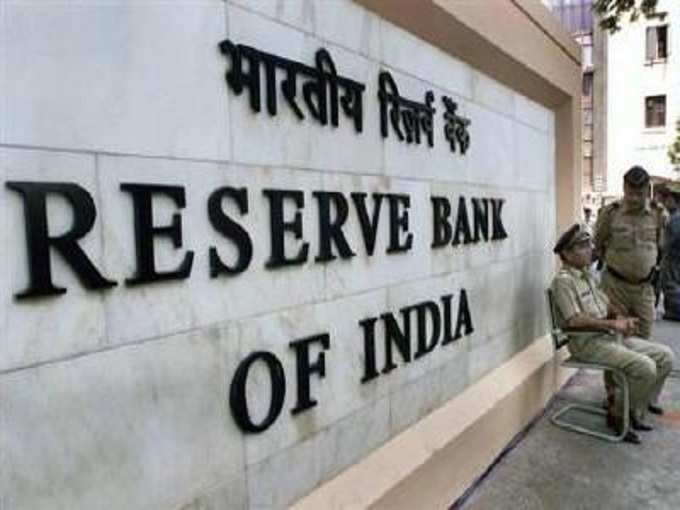 "I am quite clear in my mind that the cost of capital has to come down.
"I am quite clear in my mind that the cost of capital has to come down. The clarion call for reduced rates has been inspired by a spate of factors. First, inflation has been easing from the stratospheric levels it hovered around till a year ago. At 1.8%, wholesale price inflation is the lowest in nearly five years; consumer price inflation is down to 5.5% from 8.3% in May; core consumer price inflation fell to 5.9% from 7.7% in May. Second, Brent crude prices have fallen to below $80 a barrel, touching four-year low recently; going by what International Energy Agency has predicted, prices will continue to dip in the first half of 2015. Third, a rate cut is expected to provide a leg-up to housing demand which in turn will enhance construction which would lead to creation of more jobs. Four, monsoon has been a clear disappointment; yet farm prices have been stable unlike yesteryears when prices shoot up when rains receded. This can be clubbed with the fact that increases in minimum support prices for agricultural produce have been modest.
The camp that opposes a rate cut immediately also has a litany of reasons to support their argument.
First, the significant fall in inflation is due to the base effect (base effect relates to inflation in the corresponding period of the previous year—that is, if the inflation rate was very high in the corresponding period of the previous year, even a smaller dip in the price index will arithmetically give a dramatically low rate of inflation now). Also, while inflation seems to have abated, inflationary expectations continue to be elevated. Second, the fall in food prices may have been triggered by seasonal factors; therefore, there are chances for the prices to surge again. Third, an immediate rate hike would be against
Also, there is quite a big body of industry specialists who think rate cut is unlikely in December and that it may start happening only by March 2015. For instance, a recent report by top global
While the battle lines have been drawn and rival camps continue to raise their voices for and against the rate cut, it will not be easy for the RBI to take a call. But those who know Rajan from close quarters vouch that, unlike his predecessor Subbarao who had to reverse his decision after announcing a rate cut, the former